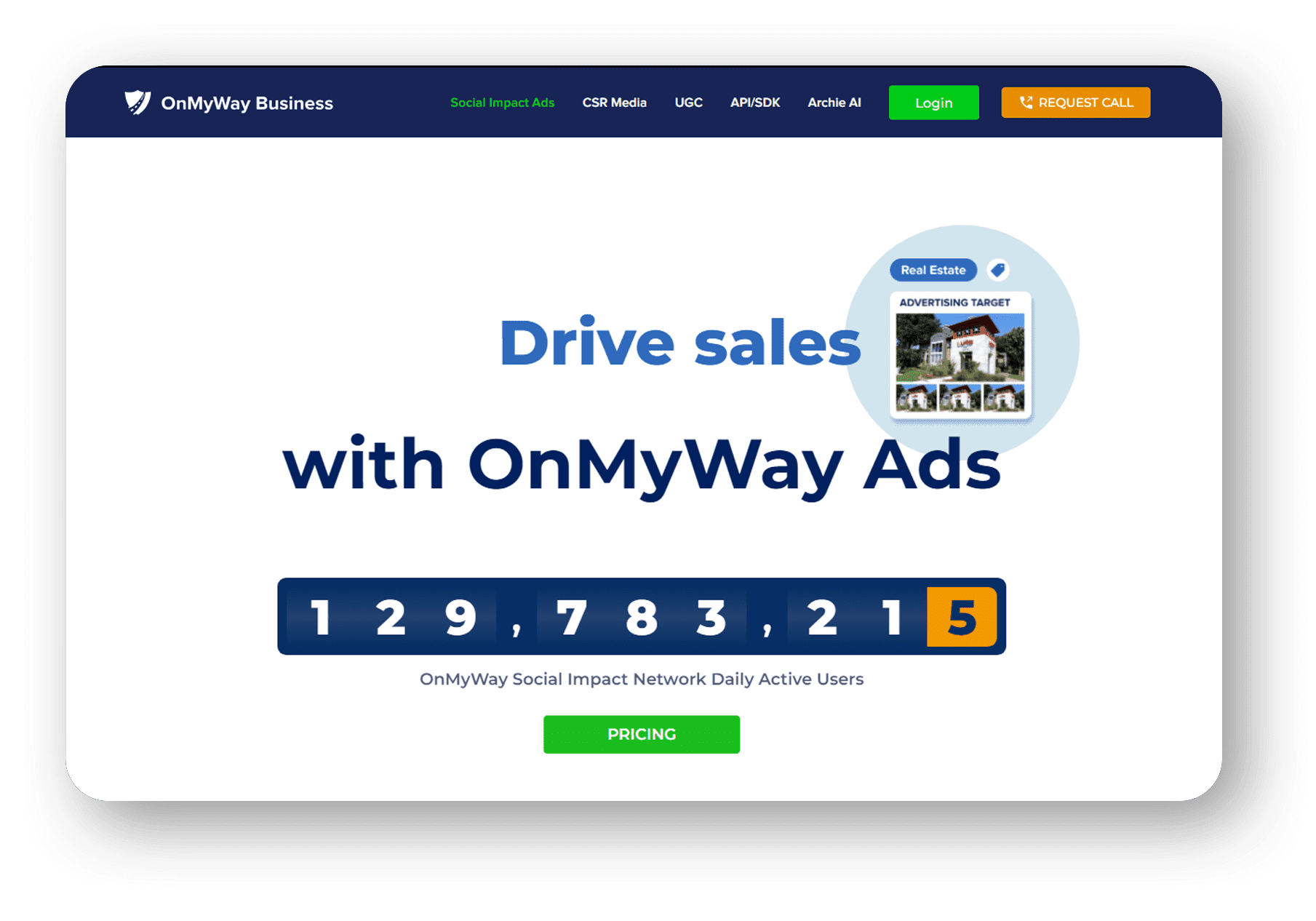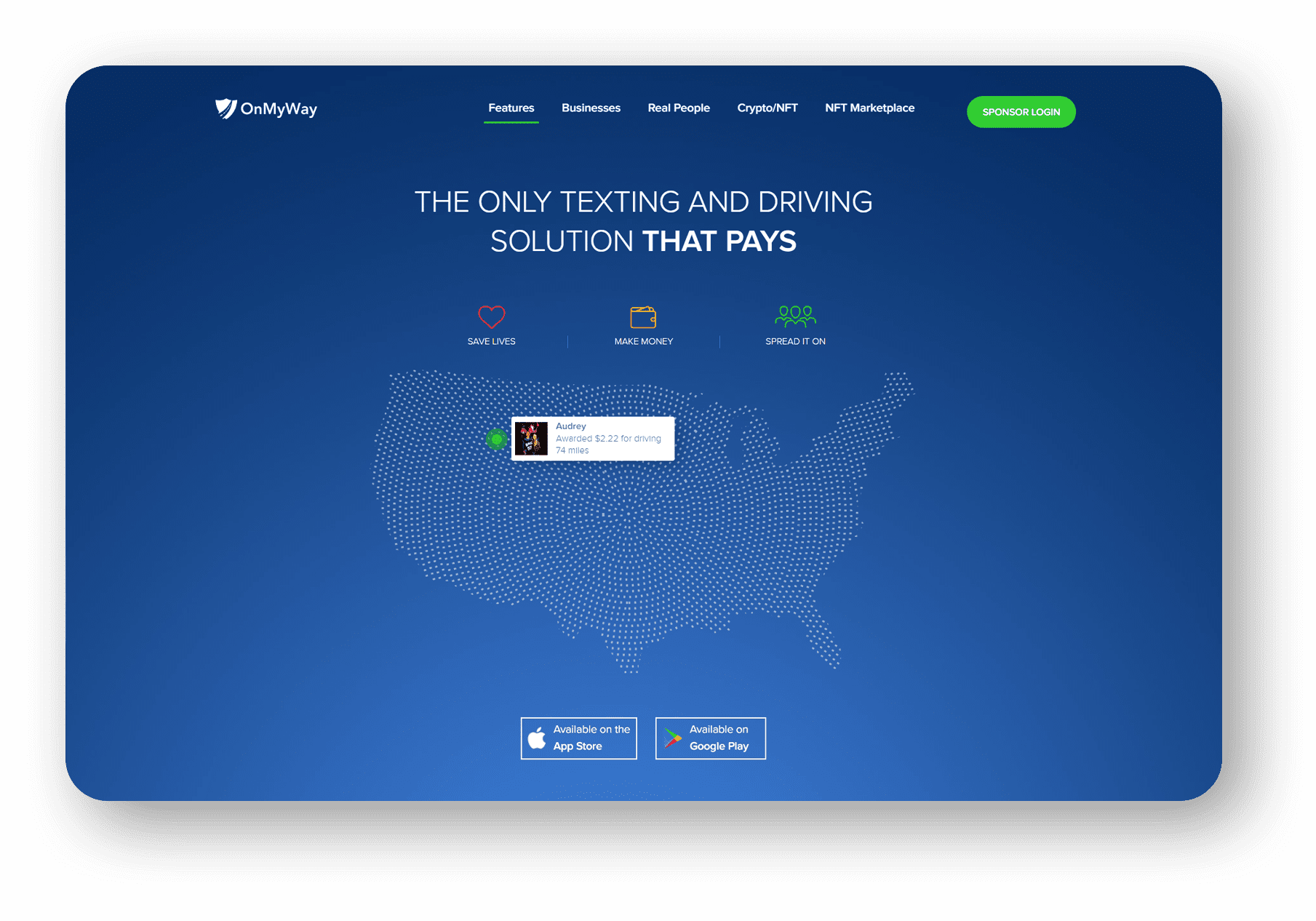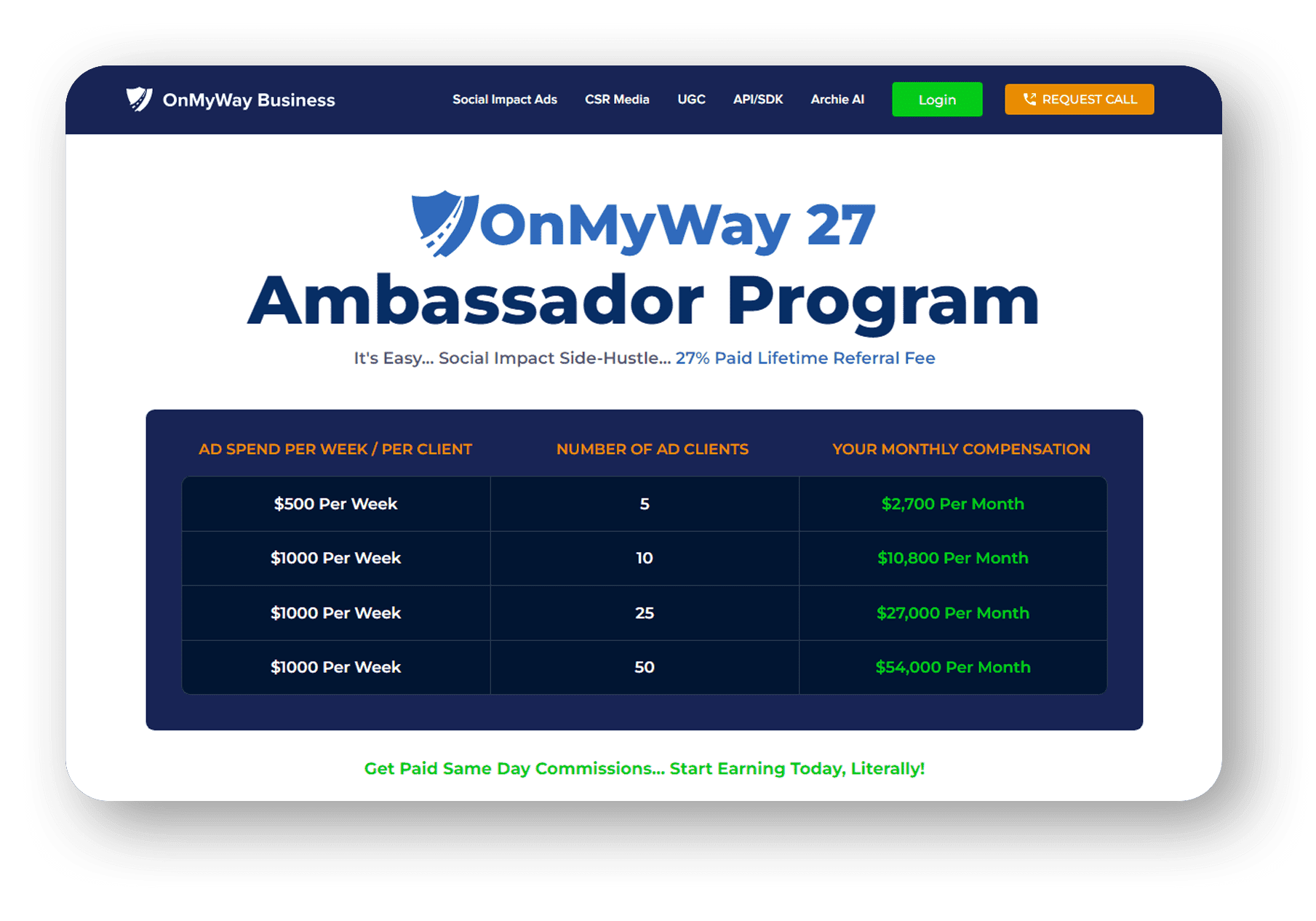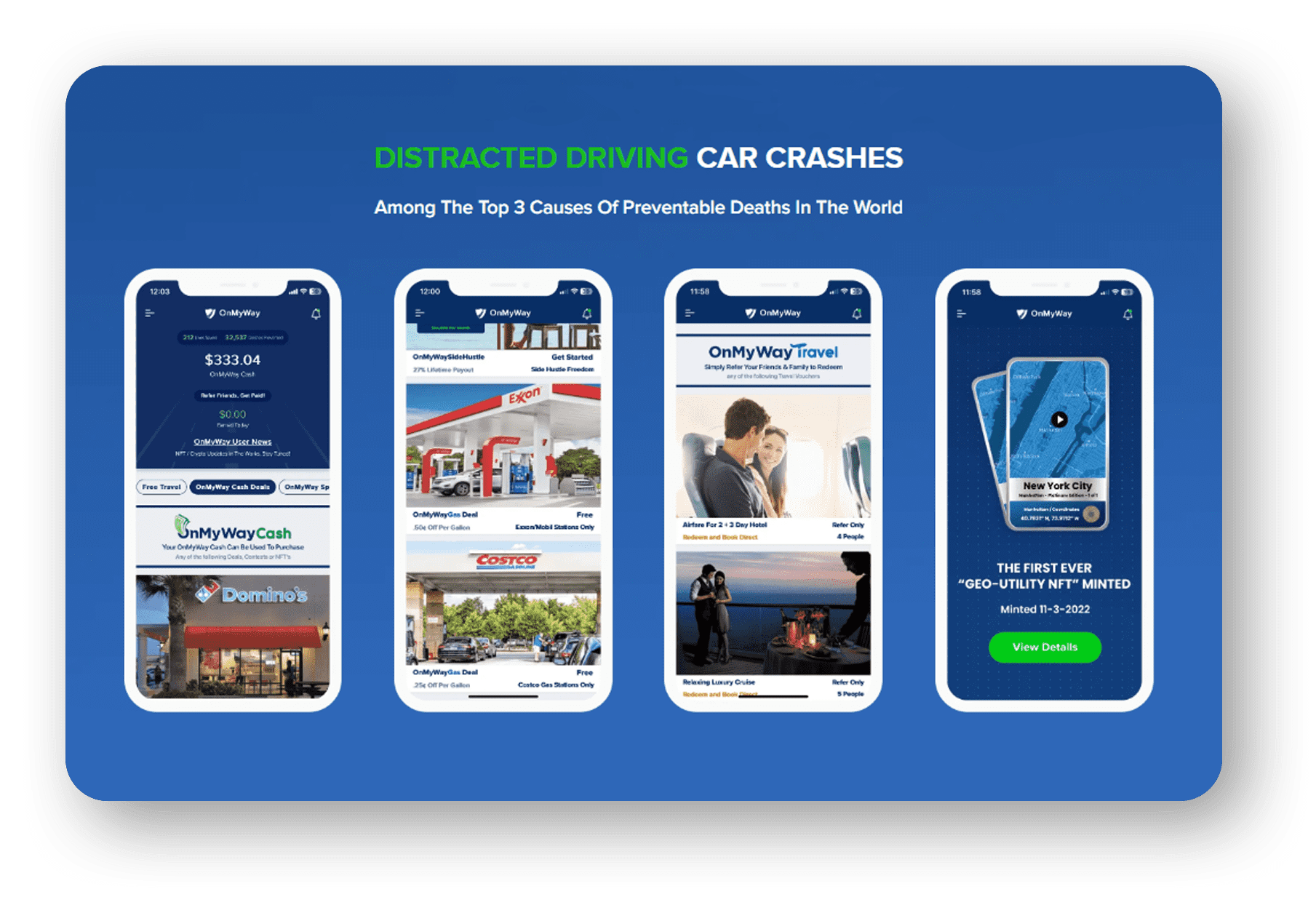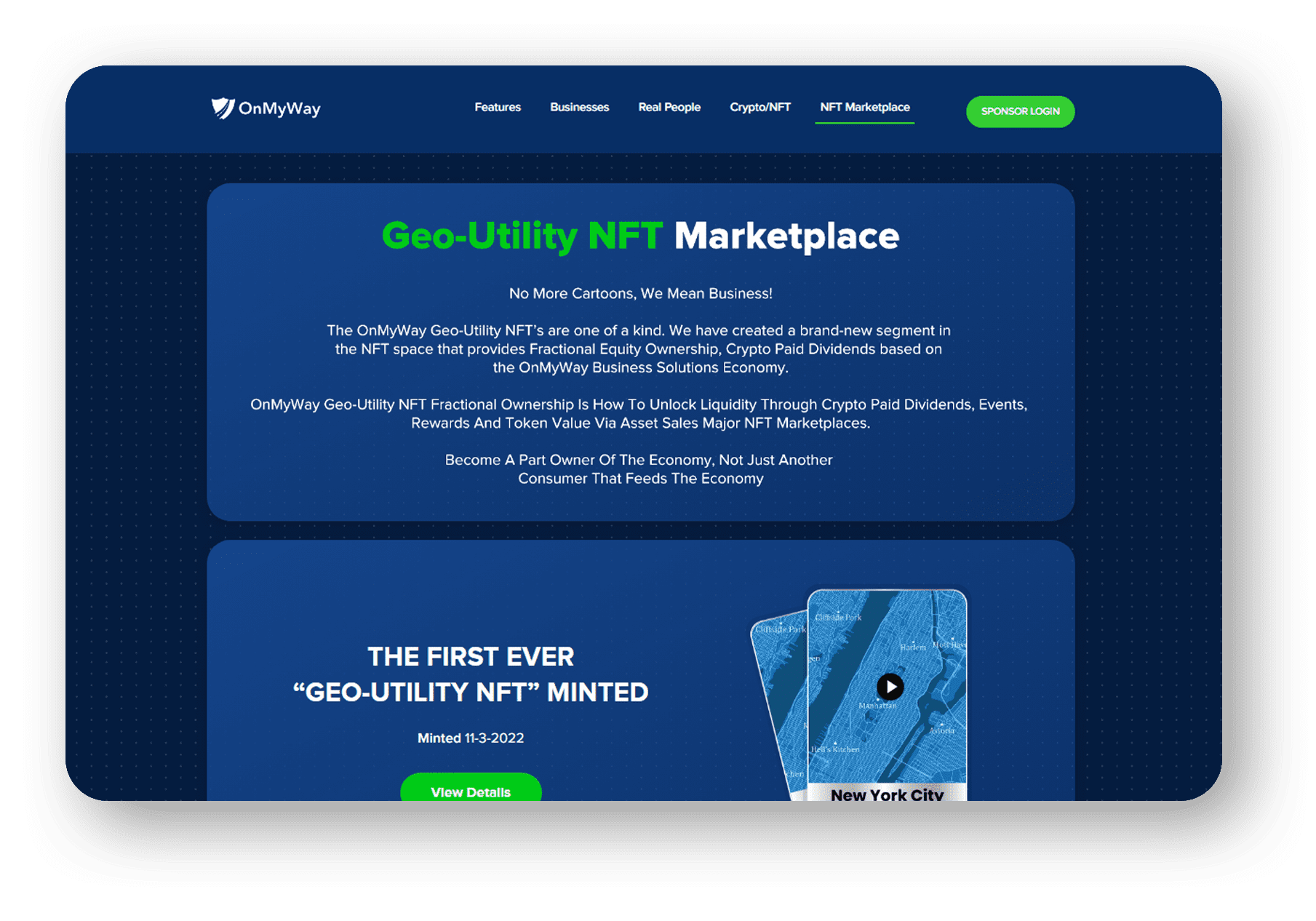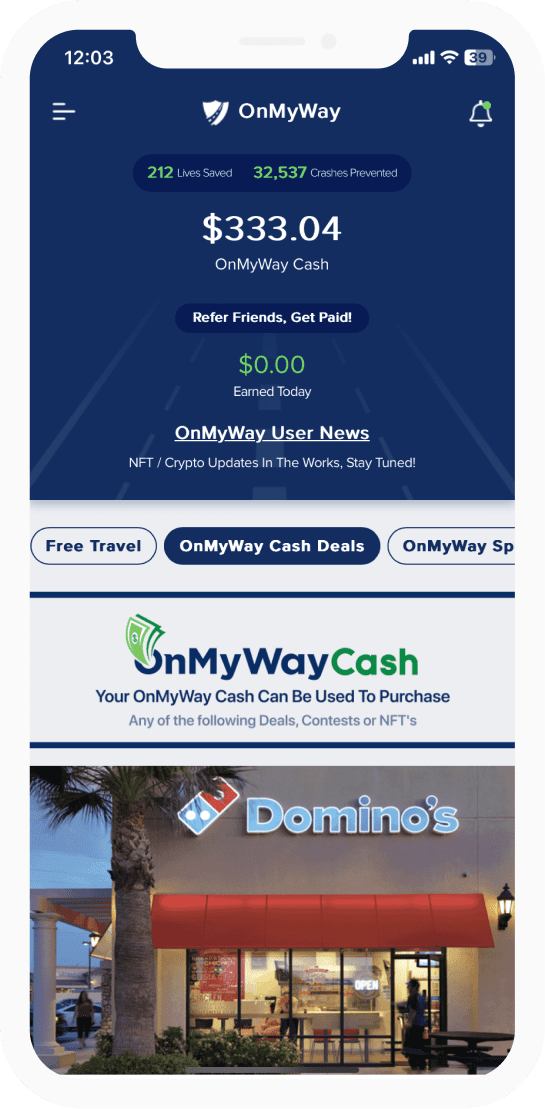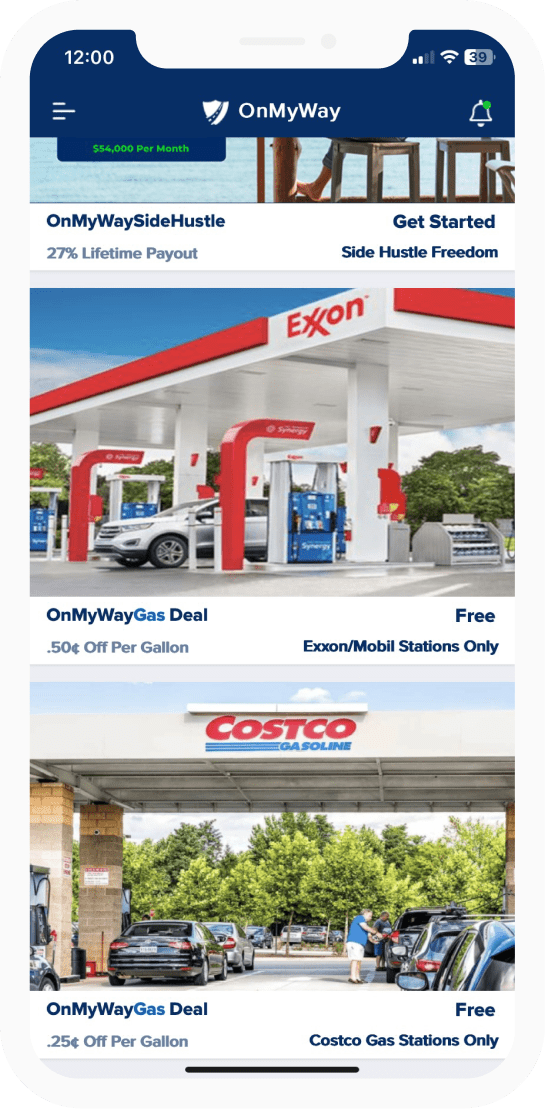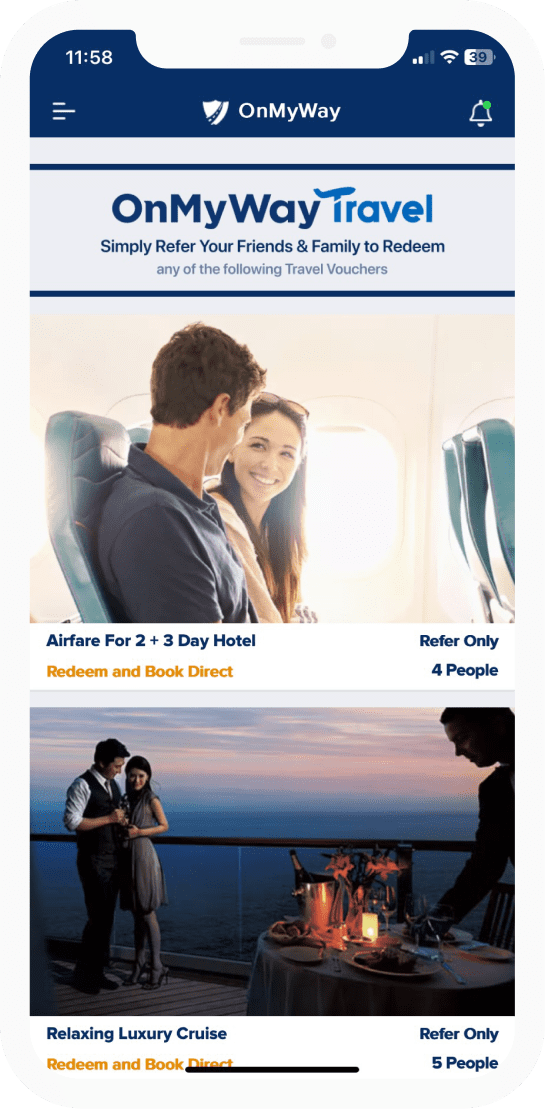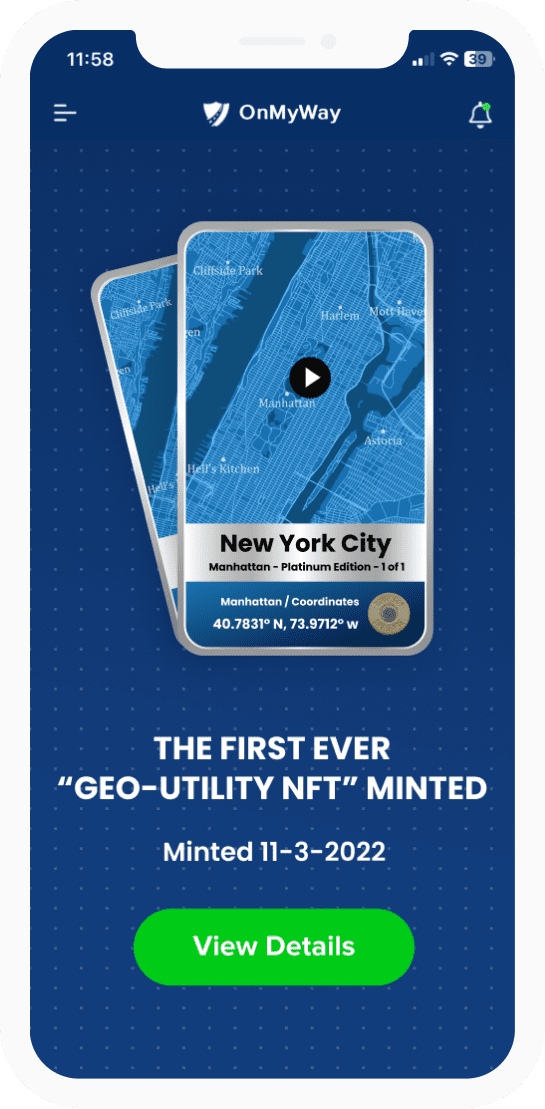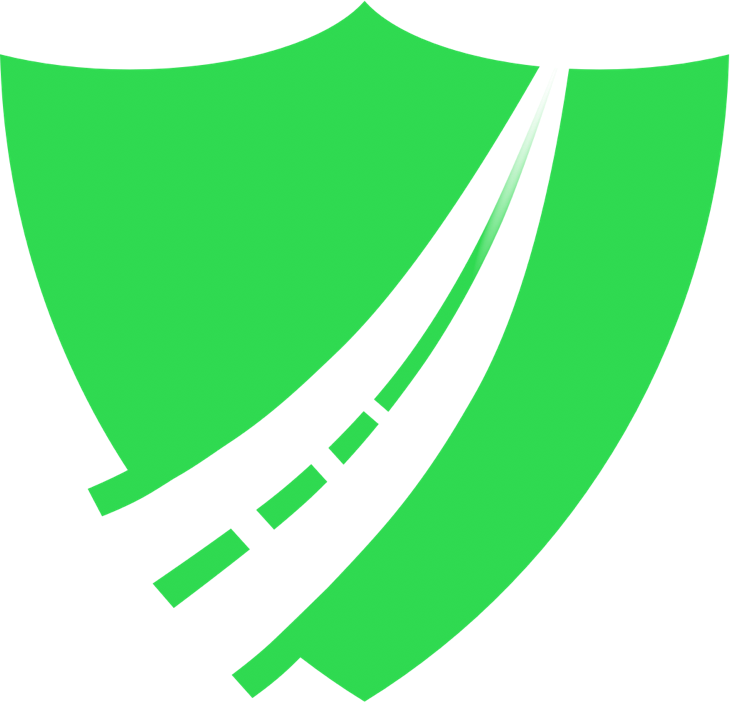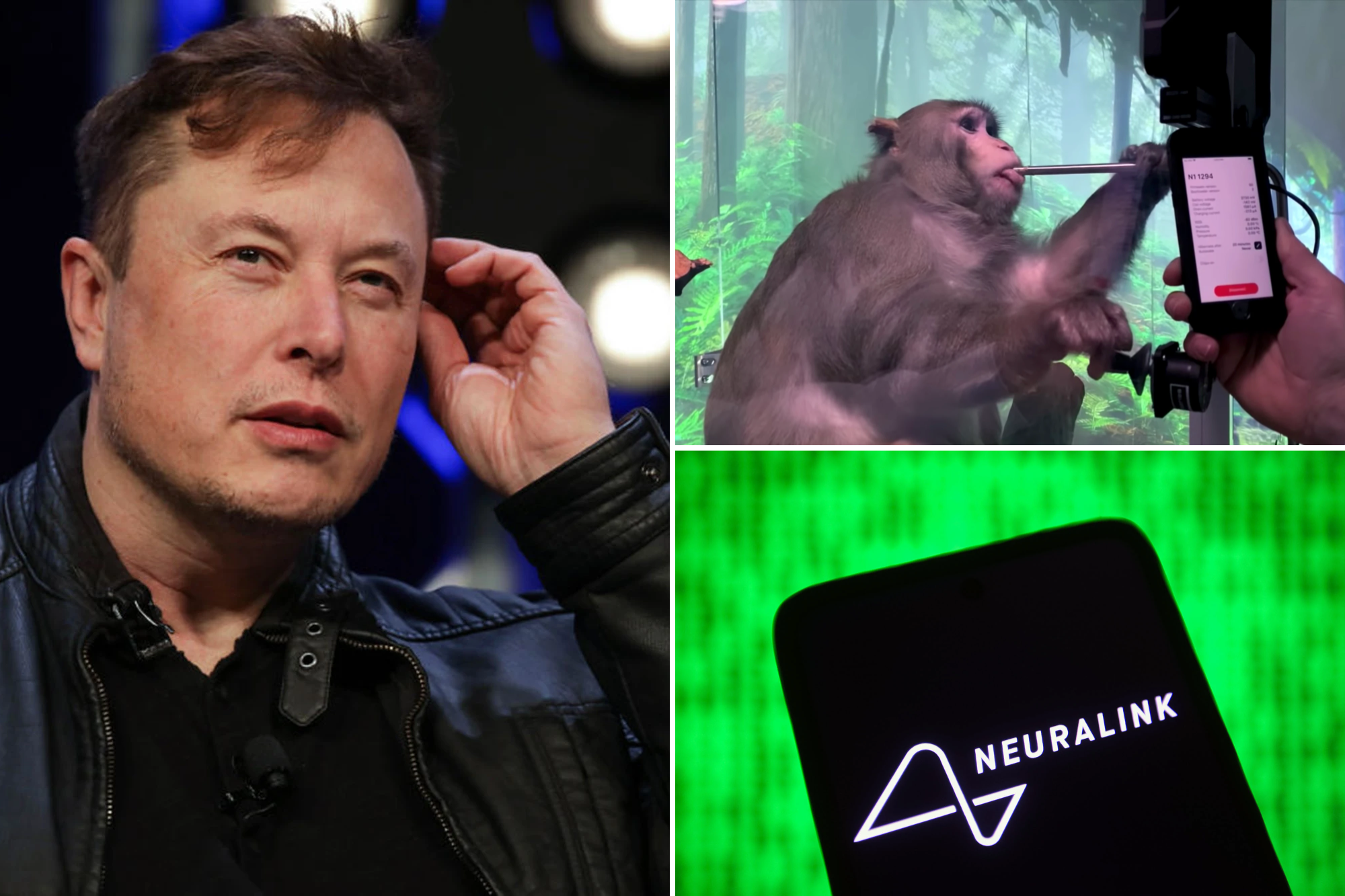
Elon Musk’s brain-chip company Neuralink is facing a legal challenge from an animal rights group that has accused the company of subjecting monkeys to “extreme suffering” during years of gruesome experiments.
Neuralink’s brain chips — which Musk claims will one day make humans hyper-intelligent and let paralyzed people walk again — were implanted in monkeys’ brains during a series of tests at the University of California, Davis from 2017 to 2020, according to a compliant from the Physicians Committee for Responsible Medicine filed with the the US Department of Agriculture on Thursday.
Out of a total of 23 monkeys implanted with Elon Musk’s Neuralink brain chips at the University of California Davis between 2017 and 2020, at least 15 reportedly died.
The news comes from the Physicians Committee for Responsible Medicine, an animal-rights group that viewed over 700 pages of documents, veterinary records, and necropsy reports through a public records request at the university.
Neuralink was founded in 2016 with a goal of helping people recover from traumatic brain and spinal cord injuries, curing depression and other mental health disorders, and connecting humans to the internet for everything from music streaming to near-telepathic communication. The company has often touted its successes, such as a demonstration on a pig in 2020, and a 2021 video of a macaque playing Pong with its mind.
The project has attracted a great deal of interest from celebrities like Grimes and Lil Uzi Vert, and people suffering from paralysis often petition Musk on social media to be a part of human trials. Musk previously said that he hoped to begin human trials in 2021, but that goal has been pushed back to 2022. Based on the PCRM’s findings, the brain chips may be nowhere near ready.
“Pretty much every single monkey that had had implants put in their head suffered from pretty debilitating health effects,” said the PCRM’s research advocacy director Jeremy Beckham. “They were, frankly, maiming and killing the animals.”
Neuralink chips were implanted by drilling holes into the monkeys’ skulls. One primate developed a bloody skin infection and had to be euthanized. Another was discovered missing fingers and toes, “possibly from self-mutilation or some other unspecified trauma,” and had to be put down. A third began uncontrollably vomiting shortly after surgery, and days later “appeared to collapse from exhaustion/fatigue.” An autopsy revealed the animal suffered from a brain hemorrhage.
The PCRM filed a complaint with the the US Department of Agriculture on Thursday, accusing UC Davis and Neuralink of nine violations of the Animal Welfare Act. “Many, if not all, of the monkeys experienced extreme suffering as a result of inadequate animal care and the highly invasive experimental head implants during the experiments, which were performed in pursuit of developing what Neuralink and Elon Musk have publicly described as a ‘brain-machine interface,’” the group wrote in the complaint.
“These highly invasive implants and their associated hardware, which are inserted in the brain after drilling holes in the animals’ skulls, have produced recurring infections in the animals, significantly compromising their health, as well as the integrity of the research.”
A spokesperson for UC Davis responded to the complaint, saying, “We strive to provide the best possible care to animals in our charge. Animal research is strictly regulated, and UC Davis follows all applicable laws and regulations including those of the U.S. Department of Agriculture.”
The spokesperson added that the university stopped working with Neuralink in 2020. Neuralink has not issued a response.
OVERVIEW
OnMyWay Is The #1 Distracted Driving Mobile App In The Nation!
OnMyWay, based in Charleston, SC, The Only Mobile App That Pays its Users Not to Text and Drive.
The #1 cause of death among young adults ages 16-27 is Car Accidents, with the majority related to Distracted Driving.
OnMyWay’s mission is to reverse this epidemic through positive rewards. Users get paid for every mile they do not text and drive and can refer their friends to get compensated for them as well.
The money earned can then be used for Cash Cards, Gift Cards, Travel Deals and Much, Much More….
The company also makes it a point to let users know that OnMyWay does NOT sell users data and only tracks them for purposes of providing a better experience while using the app.
The OnMyWay app is free to download and is currently available on both the App Store for iPhones and Google Play for Android @ OnMyWay; Drive Safe, Get Paid.
Download App Now – https://r.onmyway.com
Sponsors and advertisers can contact the company directly through their website @ www.onmyway.com.



